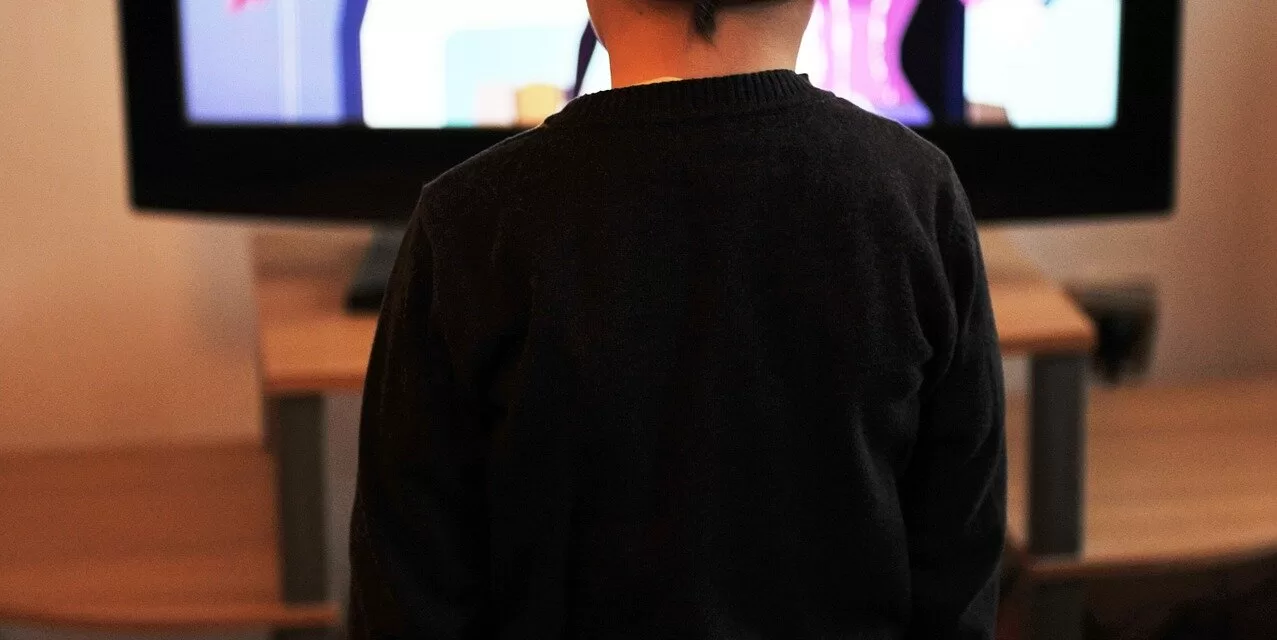January 9, 2025
Preschoolers, often at the center of developmental milestones and behavioral experiments, are navigating their early years in a world filled with screens. While digital devices have become an unavoidable part of modern parenting, new research suggests a concerning link between screen time, sleep disruptions, and behavioral challenges among young children.
A recent study conducted by researchers in China highlights the interplay between these factors, revealing how excessive screen use can contribute to a vicious cycle of poor sleep quality and behavior problems in children aged 3 to 6.
What the Study Found
Researchers analyzed survey data from 571 mothers in Shanghai, exploring the screen habits, sleep patterns, and behavioral tendencies of their children. The findings underscored a strong connection:
- Screen Time and Sleep Issues: Extended screen time was associated with difficulties falling asleep, reduced sleep duration, and frequent nighttime awakenings.
- Behavioral Concerns: Increased screen exposure correlated with hyperactivity, inattention, and emotional challenges, such as physical complaints (e.g., headaches) and frequent irritability.
Shujin Zhou, PhD, a postdoctoral fellow at Shanghai Normal University, explained how these factors interact. “More screen time is linked to a greater chance of hyperactive and inattentive behaviors, along with emotional issues. Poor sleep quality exacerbates these challenges, creating a feedback loop that perpetuates the problem,” Zhou said.
A Cycle That Feeds Itself
The study also revealed that poor sleep acts as a mediator between screen time and behavior problems. In simpler terms, extended screen time leads to poorer sleep, which then contributes to emotional and attention issues.
Child psychologist Miller Shivers, PhD, who was not involved in the study, noted the complexity of the issue. “It’s not just screen time or poor sleep causing these problems. Kids with behavioral challenges often don’t sleep well to begin with, making it difficult to untangle cause and effect,” she said.
Expert Recommendations for Parents
The findings serve as a wake-up call for parents to reassess their family’s screen time habits and focus on improving sleep routines. Experts provided several actionable tips:
- Limit Screen Time: The American Academy of Pediatrics (AAP) recommends keeping screen use under one hour per day for children aged 2 to 5 years. Educational content, such as “Sesame Street,” can still offer developmental benefits within these limits.
- Establish a Sleep-Friendly Environment: Ensure screens are turned off at least one to two hours before bedtime. Avoid keeping devices in children’s bedrooms to minimize distractions.
- Set Clear Boundaries: Structured and consistent rules around screen time help children adjust to expectations and reduce overuse.
Managing Challenges as a Parent
While the research emphasizes the importance of limits, Shivers reassures parents that occasional use of screens as a temporary distraction is acceptable. “If you’re using it so you can cook dinner or take a quick break, that’s fine,” she said. “The key is moderation and ensuring that screen time isn’t replacing essential routines like sleep or physical play.”
Child psychologist Matt Edelstein, PsyD, of Johns Hopkins University, emphasized the importance of maintaining consistent sleep habits. “Structured limits and a focus on quality sleep can significantly improve outcomes for young children,” he said.
For parents concerned about their child’s behavior, tools like the “Little Lessons” app developed by Lurie Children’s Hospital can help identify and manage symptoms of attention, hyperactivity, and other challenges.
A Reminder of Parental Influence
“This study confirms that a child’s environment plays a critical role in their development,” Edelstein said. “The way we shape our child’s routines and the tools they interact with, intentionally or unintentionally, has a profound impact on their growth.”
By prioritizing balanced screen use and quality sleep, parents can help create a healthier foundation for their children’s emotional and behavioral well-being.












